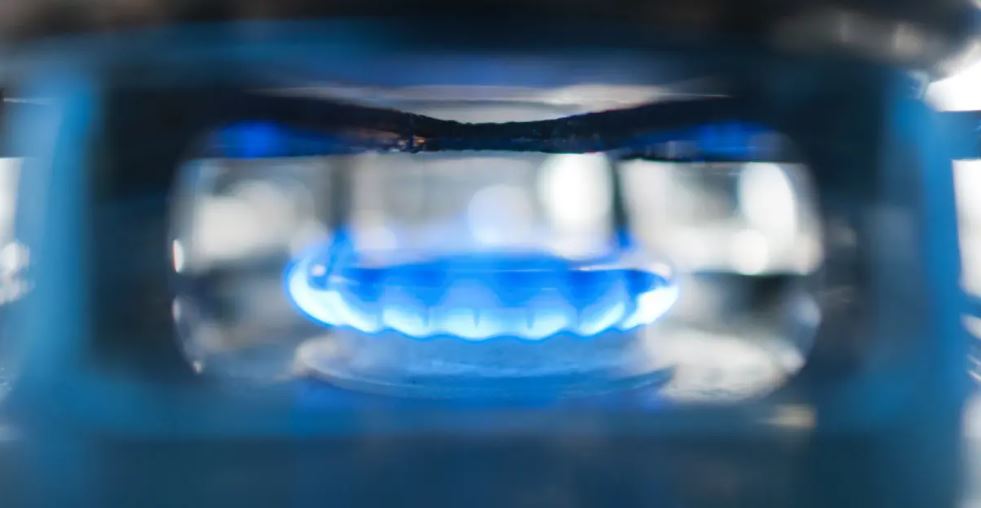Ursula von der Leyen presented the Repower Eu plan in May
(Sustainabilityenvironment.com) – On paper, the European plan for energy independence from Russia is based on investments of EUR 210 billion. Actually, the money actually available is much less. Actually, only 10 percent, about 20 billion. This is why the Repower Eu plan announced by the Commission in mid-May is in danger of resoundingly failing its objectives. The beating on one of the two pillars of the European strategy to emancipate from the Kremlin’s energy supplies – the other being the newly adopted EU Emergency Gas Plan – comes from the EU Court of Auditors.
What’s not in the Repower Eu plan
The main problem? Ursula von der Leyen spoke of EUR 210 billion ready to bring energy dependency on Russia to zero by 2027, already cutting gas imports from Moscow by 2/3 by the end of this year. But the Commission controls only about twenty of them directly. All the others depend on the choices made by the Member States.
“The total additional funding made available amounts to only EUR 20 billion; the other sources of funding are outside the control of the Commission and depend on the willingness of Member States to use the remaining RRF loans or to transfer funds from other EU policies, in particular those for cohesion and rural development”. As a result, the Court warns, “the total amount of funding actually available may not be sufficient to cover the estimated investment needs”.
Read also New EU Gas Plan saves winter by cutting consumption by 15
“The total additional funding made available amounts to only €20 billion, The other sources of
funding are outside the Commission’s control, and depend on Member States’ willingness to use
the remaining RRF loans or transfer funds from other EU policies, in particular Cohesion and rural
development“. As a result, the Court warns “the total amount of funding actually available may be insufficient to cover estimated investment needs”.
Then there is a second order of problems: who receives these resources is really who needs them most? The EU Court of Auditors has doubts. The reason is soon said. The size of the national NRRRs meets criteria that do not coincide with those that are the basis of the Repower Eu plan. “The absence of a specific deadline for the submission of REPowerEU chapters reduces the likelihood of cross-border projects being identified and promoted,” the Court notes. In addition, “the lack of any comparative analysis limits the strategic vision of which projects have the highest potential to contribute to the security and independence of energy in the EU”.
